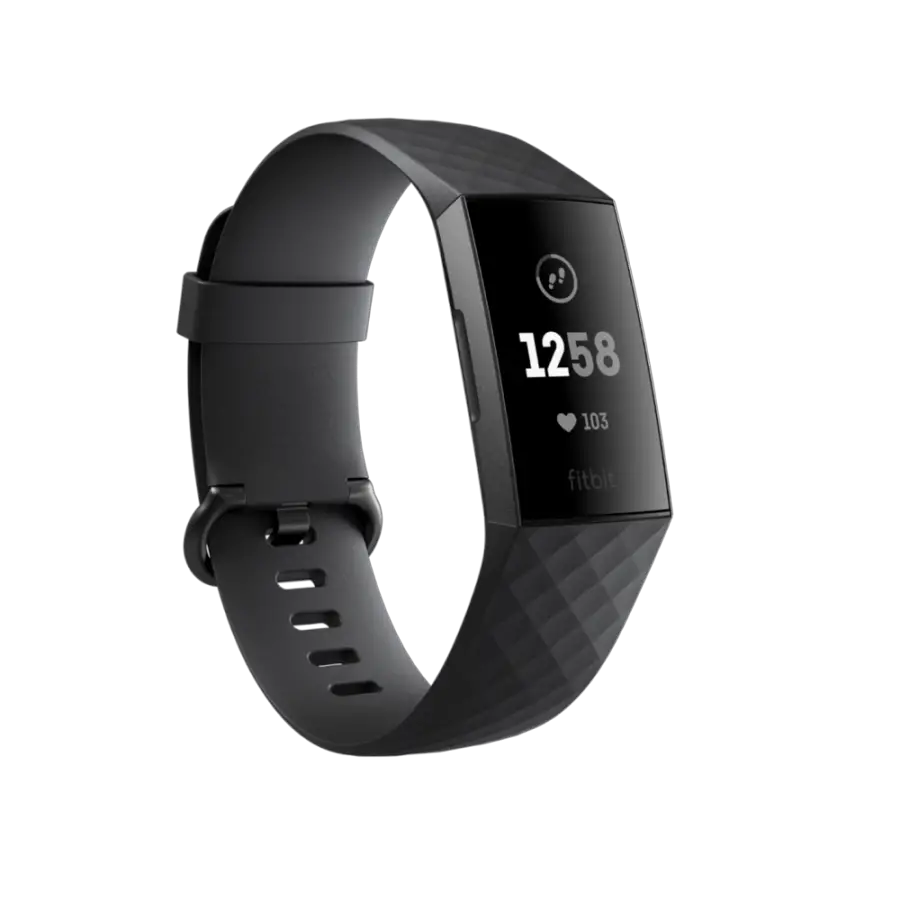Fitbits or more commonly known as our smartwatches are there to help us count our steps; estimate how many calories we’ve burnt; it can even tell how many minutes you slept and if it’s well and recommended!

All these data and information can help a lot in telling if you’re living healthily; it can help you keep track of your goals. But aside from these, did you know that recent research shows that these devices can help tell if you’re getting a flu?
Read: Polio Reappears in the Philippines After 19 Years
Because of the recent outbreak of the Novel Coronavirus (nCoV) in various parts of the globe, many people became extra careful and aware of them having flu-like symptoms like:
- Mild to Severe Fever
- Rashes
- Coughing and Colds
- Shortness of Breath and Difficulty Breathing
- Fatigue
- Nausea
- And Many More
How can fitbits detect flu outbreaks?
A recent study in the U.S. has shown that the heart rate and sleep data that you can get from fitness trackers can help predict if there will be a flu outbreak. In fact, they say that it’s actually more accurate and faster than the current surveillance method that health officials are using.
Read: E-Cigarettes and Vapes Change Blood Vessels After One Use, as per Study
The study is based from 47,000 fitbit users all located in the U.S. The results, which were published by The Lancet Digital Health journal showed that by collecting the data from the trackers, hastened the prediction of state-wide flu outbreaks and clearly shown a faster prediction rate.
Having a better method in telling if there will be a flu outbreak would really help out the public. If you aren’t aware, 650,000 people worldwide die because of respiratory diseases all linked to seasonal flu every year, as per The World Health Organization (WHO).
How long do we now detect a flu outbreak?
Three (3) Weeks – that’s how long it usually takes for the traditional surveillance method to tell if there is an outbreak. This means that response measures to counteract the disease, like providing vaccines or anti-viral medications, would take more time as well.
Read: Best Ways to Protect Yourself From Coronavirus, Experts
Jennifer Radin, a researcher who co-led the study at the U.S. Scripps Research Translation Institute said that they’re still looking for better and faster surveillance to detect the outbreak of flu.
Responding more quickly to influenza outbreaks can prevent further spread and infection, and we were curious to see if sensor data could improve real-time surveillance.”
Before this research, a study was also being done to track flu outbreaks using crowd sourced data. To be specific, the data comes from Google Flu Trends and Twitter.
However, the study wasn’t all that successful, reason being is that the data they got were either inconsistent or inappropriate. It was quite frankly, impossible to separate those people who actually got the flu from those who are just searching it online due to more public attention and media during outbreaks.
Read: Does Everyone Need a Face Mask? The DOH Says No
Now, for the study that Radin’s team made, they gathered data from about 200,000 people whose fitbit tracked their heart rate, sleep cycle and activities for at least sixty (60) days or two (2) months during the time period from March 2016 to March 2018.
Out of the 200,000 people, 47,248 were from California, New York, Illinois, Texas and Pennsylvania and they constantly have wore the fitbit consistently during this time. The average age of those who partook was 43 and 60% of them were female.
The data that was of pure importance would be the users’ sleep duration and resting heart rate. It was closely monitored and would be flagged abnormal if their average weekly heart rate is way over their overall average and if their weekly average sleep is not below their overall average.
Read: The DOH Orders the Freezing of Drug Prices in Areas Severely Affected by the Taal Eruption
All these information and data were gathered and then compared to the weekly estimates for flu like illness from the U.S. Centers for Disease Control.
Rosalind Eggo, a health expert from the London School of Hygiene & Tropical Medicine, said that the study suggests that this trackers or smartwatches hold some promise as a disease surveillance tool.
But she also mentioned that more work and research is needed to be able to properly use this as a source of warning.
To gauge how reliable these data are over time, how specific these measurements are for flu, and how representative Fitbit users are of the whole population”.
Read: Beware of the Fake Airpods! It can be Dangerous for Your Hearing
So, what do you think about these devices? It’s nice to have one to measure and keep track of your health, moreover if in the future it would help in telling if you’re at a risk in getting a disease. Fitbits usually sell for a low price, and for the benefits it gives, these would definitely be a good buy.
Could fitbits be the answer to the anticipated flu outbreaks in the globe because of the nCoV today?
Source: Japan Today